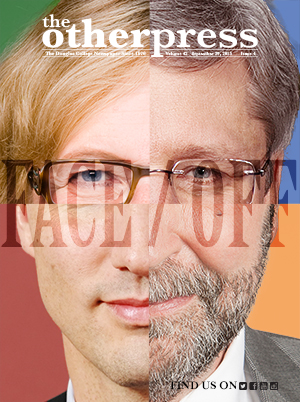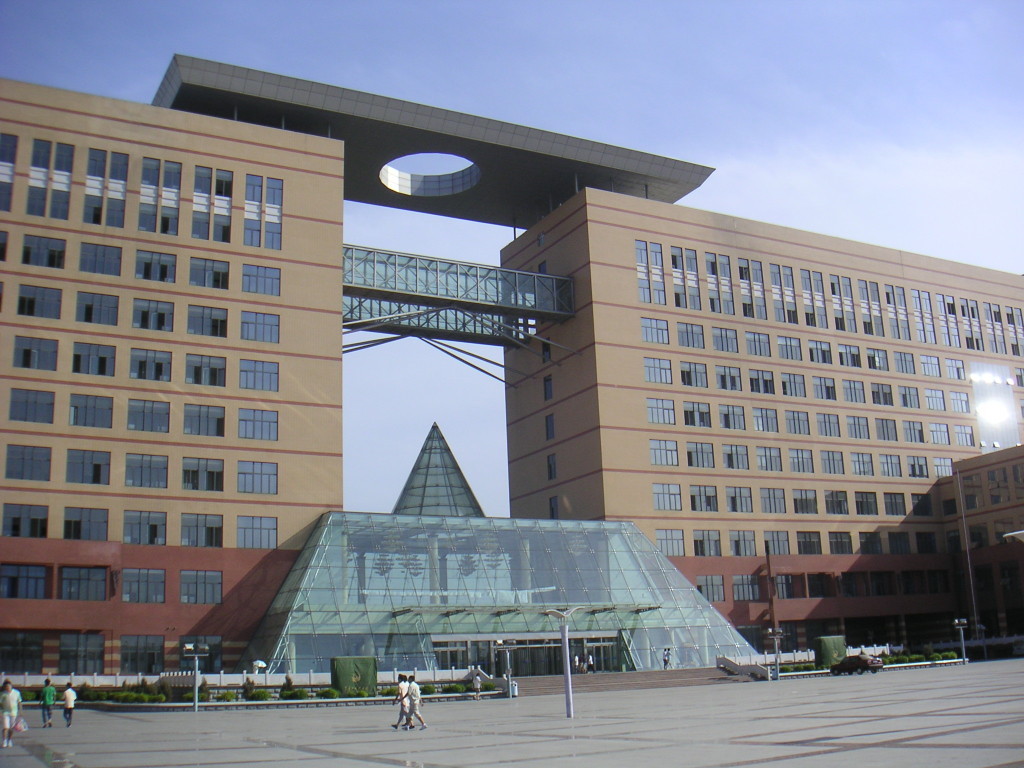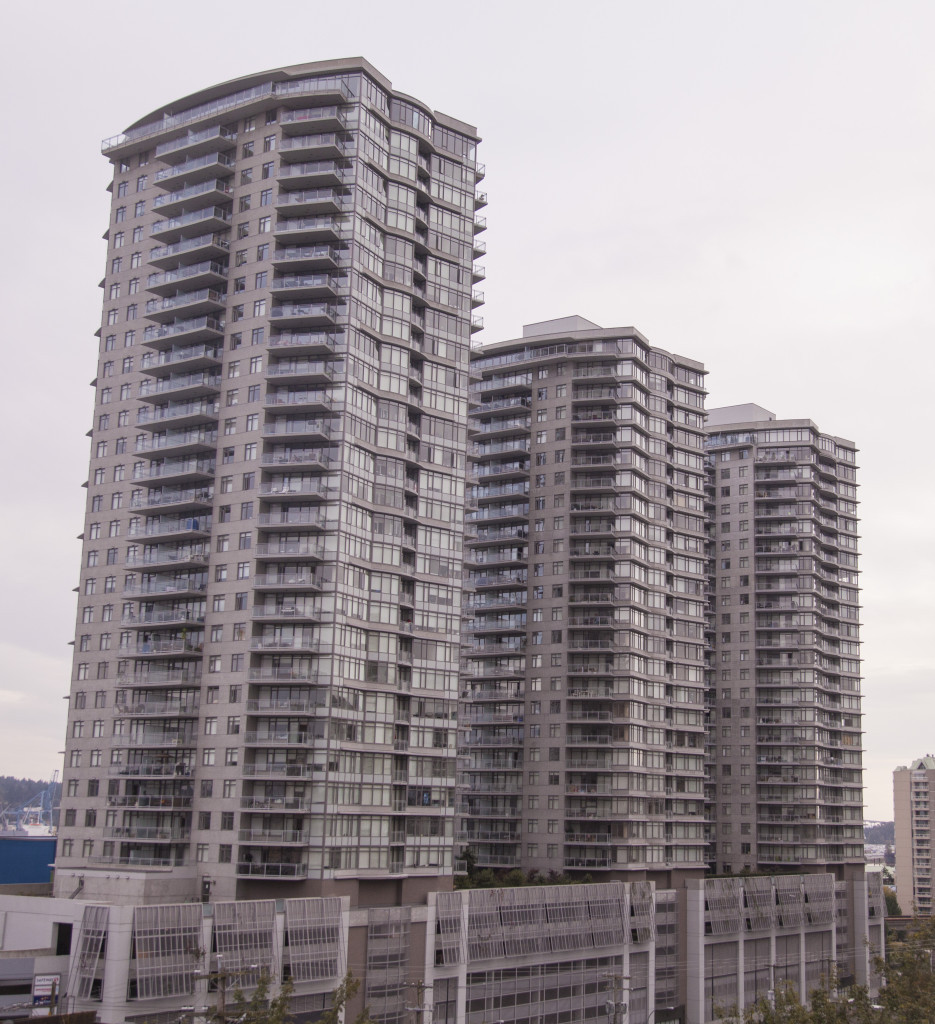Have you decided yet?
By Davie Wong, Columnist
With every passing day, Election Day draws closer and closer. Have you made up your mind about who to vote for? No party is the same, and each party envisions a different and, according to them, better future for Canada.
Since the onset of the campaigns, federal leaders have been participating in group debates and separate interviews, answering questions on crucial issues that matter to Canadians. Based on these debates and interviews, this article will help you reflect on their manifestos and decide your vote.
The Conservative Party of Canada:
The Conservative Party is the current governing party. Their leader, Prime Minister Stephen Harper, is campaigning on a platform of not changing anything. This has not resonated well with Canadians, as a polling survey conducted by CBC revealed that over 70 per cent of Canadians want change. Nonetheless, Harper has maintained his “stay the course” attitude when it comes to all things Canadian.
His attitude, however, received a huge boost in popularity on September 14 when it was shown that Harper’s cabinet had run a $1.9 billion surplus the previous year. This is the first rise in economy since the fiscal year of 2007–08. It helped silence many of Harper’s critics, who had accused him of running the Canadian economy into the ground.
The economy, a large point of dispute between the leaders, has not been in favour for Harper up until recently. Before the surplus budget was announced, Harper’s support hit an all-time low when it was publicized that Canada’s economy was once again in recession. This is the second time the Canadian economy has gone into recession while Harper in power. However, he believes that the economy does not actually show a recession and that continued spending on national infrastructure is the correct way to approach the situation. This includes the building of pipelines in BC. Harper assured Canadians in an interview with CBC’s Peter Mansbridge that there would be no more cuts in the immediate future. He also promised that his economic plan for the next term includes lower taxes for Canadians.
The economic situation is not the only point that Harper has received flak for. His leadership within his own party has largely been in question as several scandals have come to light, including Harper’s involvement in the high-profile Duffy-Wright case, which has many saying that they have lost faith in the Prime Minister’s ability to tell the truth. When questioned about it in the same interview with Mansbridge, Harper appeared flustered and struggled to find the right words to say.
After instituting the unpopular Bill C-51, dubbed the “anti-terrorism bill,” he will be keeping it in place if he is re-elected. He will also retain Bill C-24, which categorizes Canadians who have or could attain dual-citizenship as second-class Canadian citizens. This allows them to be deported if the government believes they are a security threat at the government’s discretion.
Lately, Harper has also faced criticism for his stances on fighting ISIS and on Syrian refugees. His long-term plan for ISIS is to keep Canadian troops conducting training exercises for local forces on the ground while attacking from the air, and he believes that the real problem in Syria is that there is no diplomatic solution for the fighting. He drew the ire of Canadians during a time of sensitivity by announcing that he would not allow any refugees into Canada without the proper security screenings. Many have criticized the fact that thousands would die in the months these security screenings would take to finish, but Harper has a steadfast attitude on the issue, stating that Canadian security is the most important thing in these times.
Harper represents the Canada of today. His vision for Canada is a strong economic powerhouse with a strong infrastructure system upholding it. He envisions a Canada safe from terrorist threats, and takes precautions to make sure Canada remains safe now and for generations to come.
The New Democratic Party:
The NDP is the official opposition party, and it is lead by Thomas Mulcair, who claims to be the agent of change that Canada desperately needs. In an interview with Mansbridge, Mulcair described his party as “the team with the experience and the plan to defeat Stephen Harper… and [to repair] some of the damages he’s done.”
Mulcair and his NDP have created what they claim to be a clear, long-term plan for Canada. He says that they have “a plan to kick-start the economy, lower taxes for small and medium size businesses… [and a plan for] bringing in $15 dollar a day quality child care.” Muclair’s platform includes plans for sustainable development, economic growth, and helping both the middle class and the environment.
For all that Mulcair promises, he’s been careful to dodge questions on how he will be able to afford all of this, but he has promised that his budget will be balanced. He has taken the middle ground when discussing pipelines in BC, saying that he would consider them if they pass environmental reviews.
Mulcair has promised to lower small business taxes to nine per cent, and get rid of income splitting for all people besides seniors. The only raise he has mentioned is for corporate taxes, which he said he would raise a reasonable amount. During the same interview, he mentioned the NDP’s perfect track record of balanced budgets and promised to continue that trend if elected.
Out of all the political candidates, only Mulcair has a decisive plan for fighting ISIS. He said he would see that Canadian troops are immediately withdrawn from the region and that Canadian bombing missions come to a halt. Mulcair also said in the interview that it is best for Canada “to start playing a positive role for peace.” He promised to achieve UN’s goal for Canada of taking in 9,000 Syrian refugees. Mulcair has promised to repeal both Bill C-51 and C-24 if elected.
Mulcair’s plan for a better Canada is one that many Canadians can sympathize with. His plan for withdrawal from Syria and Iraq, and his plan for Syrian refugees, resonate with Canadians across the country. He envisions restoring Canada to its former glory as a peace loving nation, and creating an economy where small and medium businesses flourish.
The Liberal Party of Canada:
The Liberal Party has gone through years of infighting. Their new leader, Justin Trudeau, son of former prime minister Pierre Trudeau, has the goal of strengthening the middle class and growing the economy, but plans to run a deficit budget. This is something unheard of from the Liberals, who pride themselves on the history of Pierre Trudeau’s ability to keep a balanced budget while growing the economy.
In fact, of all the federal leaders in the election, only Trudeau talks about running a budget deficit. This has been much to the disadvantage of the Liberal party as the federal budget has shown profit in the last year. The other leaders have used this miscalculation to highlight Trudeau’s lack of the experience and knowledge needed to run the country.
His performance at the Globe and Mail’s Leaders’ Debatedid little to support his cause, as he had rapid-fire offence, but lacklustre defence. Even though he was able to point out flaws in the Conservative’s and the NDP’s plans, he was unable to defend his own party’s plan to run a deficit budget until 2019. His attitude on pipelines, which is to allow them to be built in BC, was criticized at the debate by both the Green Party and the NDP.
Despite his weak performance, Trudeau and his party are suggesting the most dynamic changes. Unfortunately, he is also the least factual with his suggestions. His goals are to bring better child-care to middle class families, raise child benefit cheques, lower small business taxes, and get rid of income splitting, but he has not yet provided real numbers to support these goals.
The Liberals have also garnered criticism for their ever-changing stance on Bill C-51, the “anti-terrorism bill.” Originally, they opposed the bill, but ended up helping bring it to life. Now, they say that the bill is necessary to protect the freedom of Canadians, but needs to be changed to protect their rights. However, Trudeau has vowed to repeal Bill C-24.
When asked about ISIS and the Syrian refugees, Trudeau toed the middle line. He said that he wants to stop the bombing missions in Syria, but leave the troops there to train the local forces. He also spoke about helping refugees, but did not specify his plan for them.
Trudeau and the Liberal party represent dramatic change for Canada. His plans for the future involve heavily investing in Canada by sacrificing the idea of a balanced budget.
The Green Party of Canada:
The Green Party is a fairly young democratic party led by Elizabeth May, often seen as a side party to the big three. Some have even classified them as a grassroots party that has refused to die out. Nonetheless, the party has continued to function and has slowly strengthened its position in the House of Commons, despite often being excluded from debates. The most recent example of this exclusion was the Globe and Mail’s economic debate. May made up for this by turning to social media and responding to questions via Twitter, drawing the attention of the masses with her innovation.
In her interview with Mansbridge, May recognized her party’s role in the coming government, stating that her party will remain in opposition no matter who is elected. She believes that “[w]hen the Greens do well, Conservatives don’t,” referring to previous elections where when the Green Party accumulated upwards of 1 million votes, the Conservatives had a minority government.
The Green Party’s platform involves little changes to the economy, but big changes to the way Canada runs. These changes include investing much more in sustainable energy sources, and creating environmentally-friendly infrastructure. The party’s no-tolerance stance on pipelines is most popular in BC, which is where much of the party’s support comes from. It endorses government-paid post-secondary education, which has skyrocketed the party’s popularity among youth, but the plan has received criticism due to its high cost and the party’s lack of a strategy to make up for that deficit. It also endorses the legalization of marijuana. May is in agreement with the NDP on the topic of both Bill C-51 and C-24, as she plans to repeal them both as a top priority.
May is a diplomatic leader most interested in forming a coalition to get rid of Harper, and to get the Liberals and the NDP to work together—with little success.
The Green Party advocates change for a more green economy with better sustainable infrastructure and the party greatly focuses on investing in the future of Canada. The Greens are the only party that have a strong, clear stance on pipelines in BC, and actively fight to get it recognized. With the party’s stance on tuition, it is more in touch with youths’ needs than other parties.
At the end of the day, there is no “correct” party to vote for. Each party represents its own values and has its own priorities. Hopefully, this article has helped you understand the clear differences, and even some of the similarities, of these political parties.
Early voting starts on October 7 and closes on October 10, while regular voting is on October 19. Register online at elections.ca and get ready to vote. The winner of this election will define Canada for the next five years. Make sure your voice is heard.




